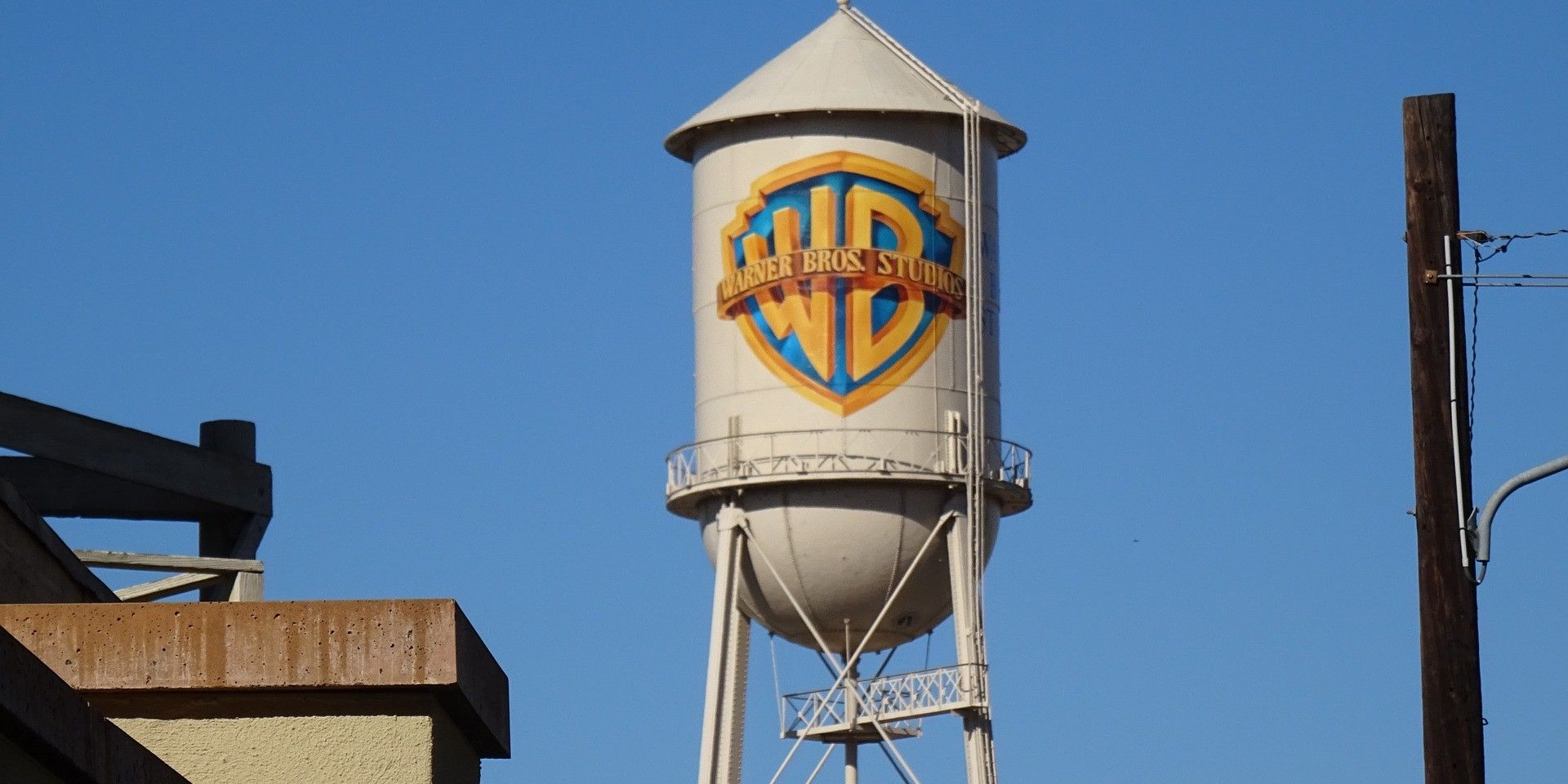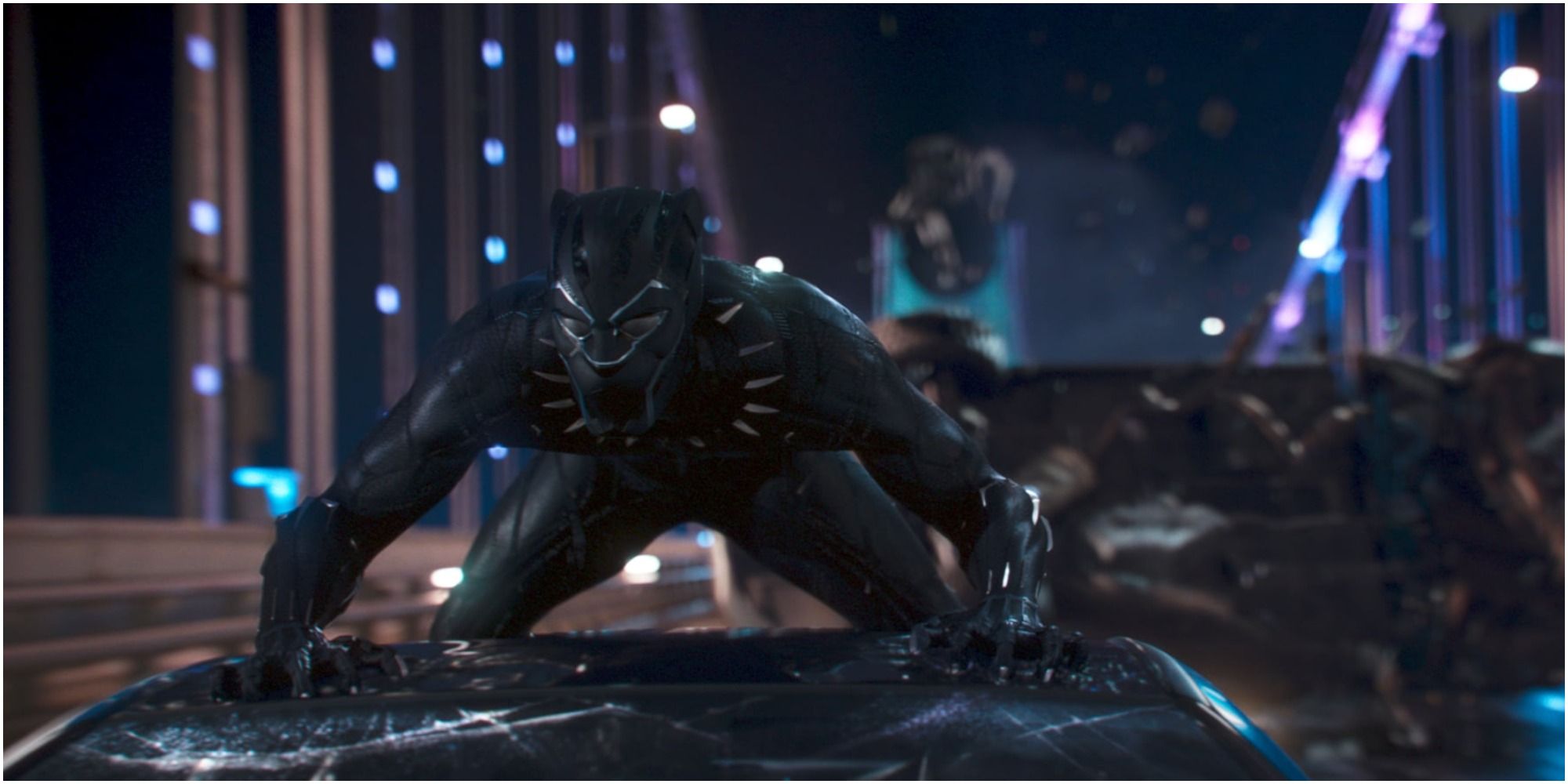Warner Bros. has become the latest studio to adopt Cinelytic’s AI trend predicting project management program. WB’s recent signing of the deal places them with the likes of Ingenious, Sony Pictures, Tangent Entertainment, and STX Entertainment as studios that will use the AI-driven platform. Cinelytic is a software platform that analyzes trends to suggest decisions throughout the entirety of the production cycle. Software as a Service, or SaaS, is a business model that provides access to programs via a remote site. It includes things like Google Docs, which gives users a suite of tools similar to Microsoft Office.
In a recent interview, Queisser (the company founder) described his software as giving a “Netflix level of analytical insight.” He also noted that it would not detect the next big trend, but rather collects data in a range. Cinelytic builds predictive models based on factors like genre, rating, talent, and release size. Queisser explained, “We give a base scenario, what should happen,” and the platform would analyze risk levels to help guide users.
Cinelytic promised that the software wouldn’t impose on creative types. In the interview, he noted that new technology was often rejected and emphasized that “we don’t tell a writer what is a good story.” Instead, he positioned the software as being for larger studios, nothing “If you put a film together, the core piece is called a package, and a package is called a script. The talent around, they need to understand if that package is worth 20 million, 50 million, 100 million.” Prior to Cinelytic, Queisser was a film producer and is credited as such on the 2016 movie The Dark Side Of The Moon and 2018’s short film compilation, Meanders.
Cinelytic's AI Movie Platform Calculates Movie Risk
It’s questionable whether technology should be making decisions surrounding creative decisions. Queisser emphasized that his platform was going to be a useful tool, but not the end all, be all for studios. It would work with them on what decisions they would make. But Hollywood’s history has leaned in the direction of big studios following trends. It’s only recently that some of these large studios have broken the trends, like with DC’s Joker. Though that likely wouldn’t have happened if their cinematic universe had competing earnings. In the seven weeks after its release, Avengers: Infinity War brought in $660 million domestically, surpassing Justice League’s global earnings. Queisser’s description doesn’t inspire much hope that future blockbusters won’t be similar to each other, especially with the amount of corporate meddling that's said to take place behind closed doors, like with the recent Star Wars: Rise of Skywalker.
The studios that signed on with Queisser are a bit of a mixed bag. One is Ingenius Media with their critically acclaimed Wind River, a murder mystery movie with a budget of $11 million, an 88% on Rotten Tomatoes, and box office earnings of $45 million. Another is STX, which had a rather poor 2019 with both Playmobil and Uglydolls. The latter of which had a budget of over $45 million but only brought in $32.5 million. Potentially some of these studios are using Cinelytic to try and recoup some of those losses through safer movies. With Cinelytic, studios will have a calculated idea of what audiences would like to see. In the interview, Queisser said, “with pattern recognition technology; we can tell which actor or actress works well from a data-driven direction,” which doesn’t look well for things like diversity in movies.
AI Could Cut Diversity from Movies
Most releases of the Disney Star Wars trilogy have John Boyega’s character featured prominently on marketing materials like posters. The Chinese version of the poster notably diminishes John Boyega and his lightsaber from the screen in favor of a set of space fighters. The western Black Panther poster has the titular character unmasked, while the Chinese one masks his face.
Many entertainment industry players (not just film) have made choices to make themselves marketable to the Chinese market. Marvel’s Iron Man 3 got an extra scene for Chinese moviegoers. There’s always been a bit of a fight between creativity and marketability. With how much money is to be made off of a Chinese market, it’s worrying that Cinelytic might push executives towards numerically profitable decisions and away from diversity. Queisser did say that the algorithm calculates things by territory and genre. While Black Panther made more than $630 million domestically, it only made $105 million in China. Transformers: Age of Extinction, a movie with 18% on Rotten Tomatoes, brought in $245 million domestically and $300 million in China. Transformers: Age of Extinction is largely set in China, and it is important to note that race isn’t the biggest reason that the people of China would pick a particular movie over another. Instead, the government has the final say in what foreign films gets seen in the country.
Quartz ran a piece explaining Transformers: Age of Extinction’s success overseas. In it, Lily Kuo writes that the movie was “A co-production between Paramount and Chinese Studios, the film includes Chinese actors and Chinese product placements,” and paints the government as a benevolent force. China’s government censors many things that are critical of or not favorable to its government. Essentially, they have the power to block anything that the government considers harmful. They frequently censor anything with prominent LGBT+ representation and have been known to place favored movies in more theaters.
With Cinelytic’s artificial intelligence guiding corporations, executives could push creatives and minorities aside in favor of economic success. But the idea that representation is in opposition to profitability is an antiquated notion. Black Panther ranks among Marvel’s highest grossing movies. It does help that Black Panther is also a critically acclaimed movie. Hopefully, executives won't take percentages to heart. Ultimately, creatives should just be able to make good movies without worrying about catering to foreign governments.
Source: Quartz



